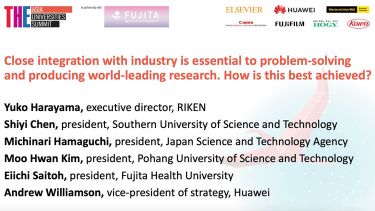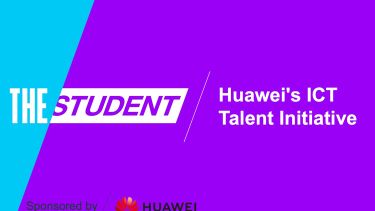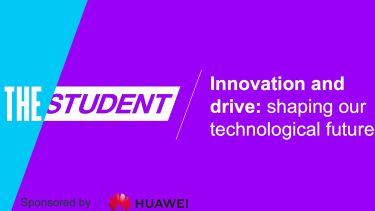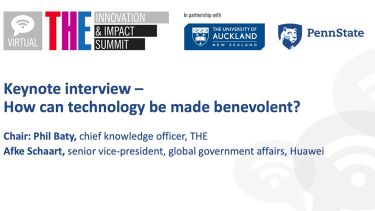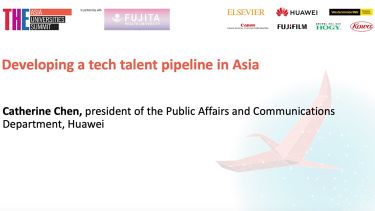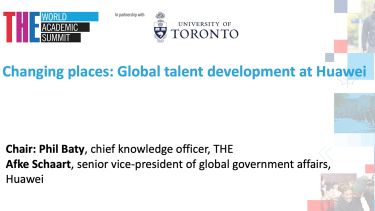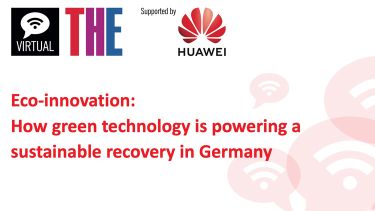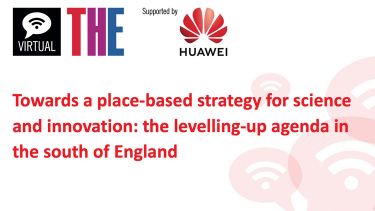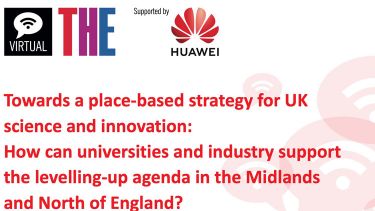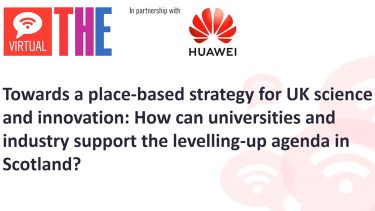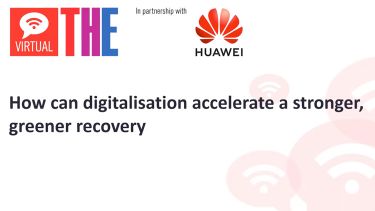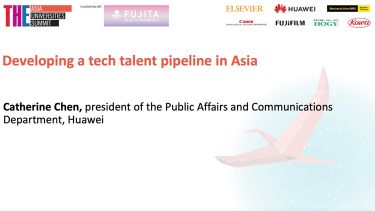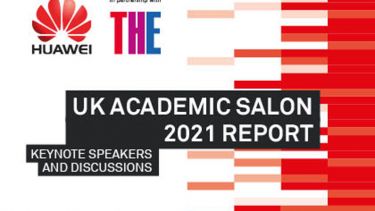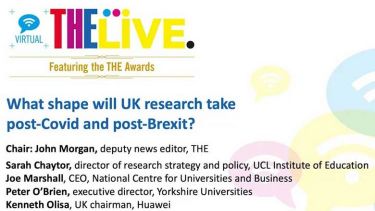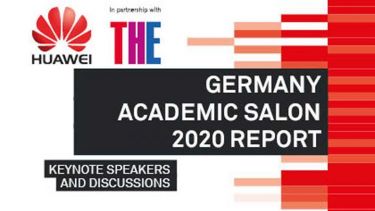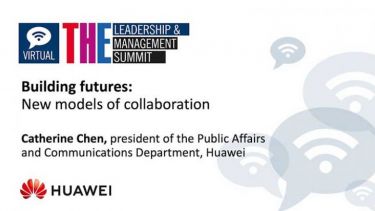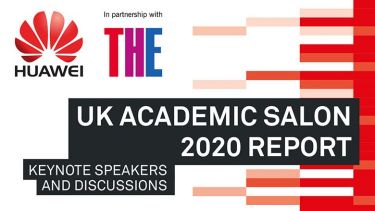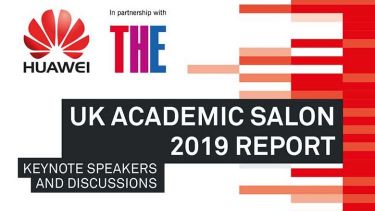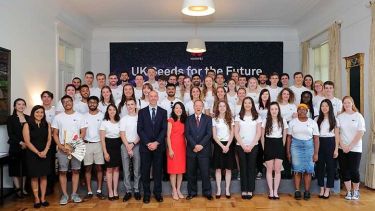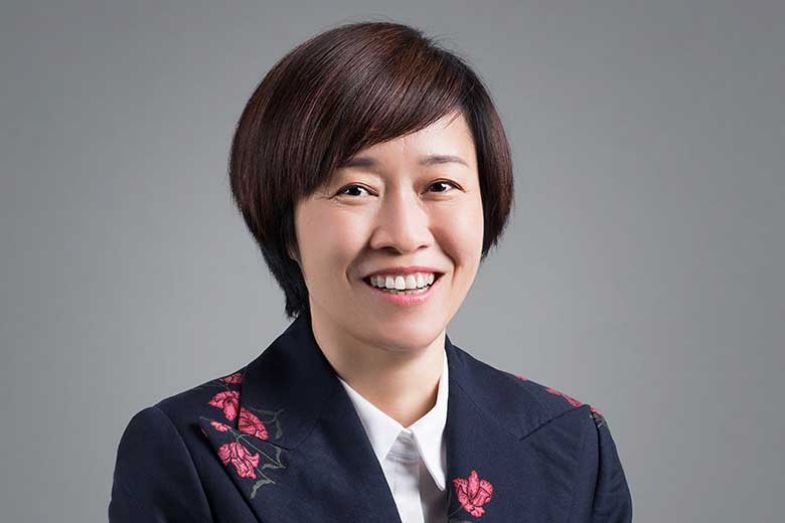
Universities are made civic by their relationships to the world around them. To make those connections, they need our help, writes Catherine Chen of Huawei
There is an old saying: “If you want to build a great city, create a university and wait 200 years.” This maxim from Daniel Patrick Moynihan, a former US senator turned Harvard University academic, is included – perhaps provocatively – by the UPP Foundation, a higher education charity, in the opening pages of the organisation’s final report on the topic of the civic university.
Moynihan’s words remind us that institutions of higher learning need time to deliver social impact. Still, I found myself wondering what might happen during two centuries of change if a university were left completely to its own devices. It might conduct excellent research, for example, but what would be its effect on communities, employers, and local governments? Would it provide social and economic support to communities in a way that qualified as truly civic? The answer is anyone’s guess.
“Wait 200 years” is also pretty uninspiring advice for university towns and cities confronted by the rapid growth of automation and technology. The tech skills gap is one area where private enterprise can support universities to prevent what Andy Haldane, chief economist at the Bank of England, calls the threat of “technological unemployment” across the UK.
The World Economic Forum says the average employee will need 101 days of retraining over the next five years in order to cope with the disruption of “big tech”. It would be irresponsible to sit back and wait to see what happened as people lost their jobs with no clear future prospects.
Happily, universities have a chance to enlarge their civic role by developing talent, and they don’t have to wait 200 years to do it. Huawei’s ICT Academy, for example, works with 20 UK universities to certify students in networking, security, cloud computing, IT storage systems and big data. Globally, the academies train more than 16,000 students at 240 universities each year.
Training programs are one way that tech companies can help universities fulfil their civic role. Given sufficient time, basic scientific research – the pursuit of knowledge without a guaranteed commercial payoff – delivers broad-scale social and economic benefits. Commercial partnerships with the private sector give them that time. Around the world, Huawei provides $300 million (£239 million) to more than 300 universities each year. Partnerships with more than 20 leading British universities date back more than 10 years and support research into 5G, photonics and big data, enhancing the UK’s position as one of the world’s leading innovation hubs.
Such relationships are based on trust and there are well-developed mechanisms for sharing knowledge and co-developing intellectual property so that all participants reap commercial benefits. In this way, collaborative research becomes a catalyst for economic growth, incubating university spin-outs, fostering talent, and connecting local businesses with the rest of the world.
The time to support our universities is now. “What might this look like in 200 years?” is an interesting thought experiment and a fair question. But we must look to the new ideas, theories and technologies that emerge from universities being supported by an active – indeed, a civic – private sector.
Catherine Chen is director of the board at Huawei. Learn more about Huawei and higher education.



